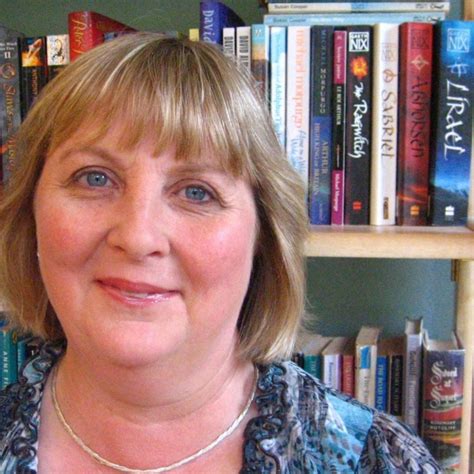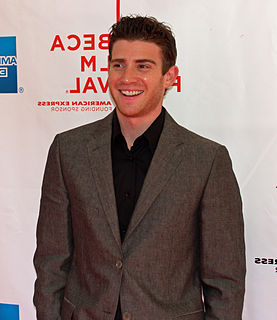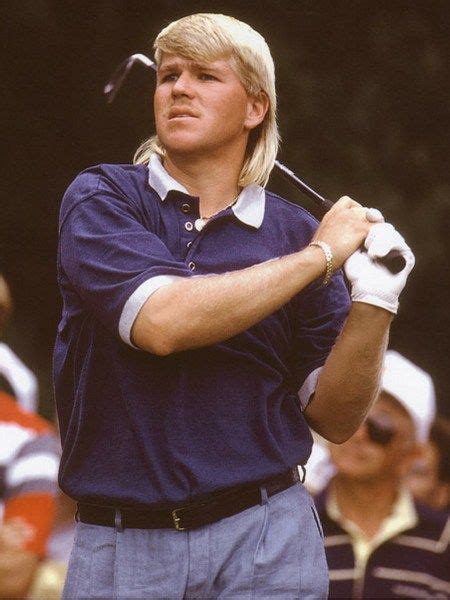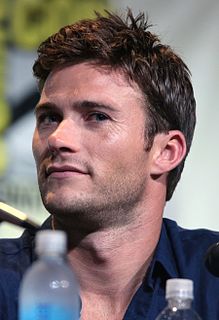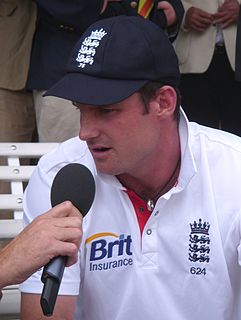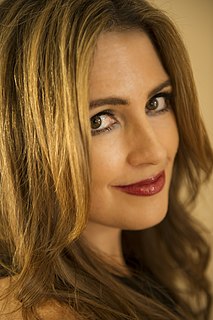A Quote by Hilary McKay
Saffy could tell by the feel of the darkness that Caddy was awake. She said, "Caddy, how far back can you remember?" "Oh," said Caddy, "ages. I can remember when I could only lie flat. On my back. I can remember how pleased I was when I learned to roll over.
Related Quotes
It had not seemed to matter that Rose was only eight years old. "More than eight," said Rose. "Nearly nine." "Darling Rose, even almost nearly nine-year-old's don't fall in love," said forgetful Caddy. Caddy tried very hard to comfort Rose when Tom had left. It was not an easy job. It was like trying to comfort a small, unhappy tiger. "Who said anything about falling in love?" growled Rose crossly. "Falling! Falling is by accident! I didn't fall in anything!" "Oh. Right. Sorry, Posy Rose." "And I am definitely not in love!
I remember running down a road on my way to a nursery of flowers. I remember her smile and her laugh when I was my best self and she looked at me like I could do no wrong and was whole. I remember how she looked at me the same way even when I wasn't. I remember her hand in mine and how that felt, as if something and someone belonged to me.
It's an ethical pact I've made with myself and with the reader - not to invent. And when I can't remember, I say I can't remember. I'm just appalled by the memoirs published by people who regurgitate dialogue, conversations from when they were small children, and they go on for three or four pages. I can't even remember what we said to each other ten minutes ago! How can I remember what was said sixty years ago? It's not possible.
I was over at Alison's [McGhee], I think we were playing Scrabble. I remember we were both complaining - yeah, we sound like whiners - about how hard writing is, and how we didn't have a story to work on. Alison said, 'Why don't we work on writing something together,' and I said, 'Eh, I don't know if I could work that way.' She said, 'Well, just show up here and we'll see,' and I said, 'Well, what would it be about?' She said, 'Duh, it'd be about a tall girl and a short girl.' So I agreed to come and try it for a day.
I remember going to a theater once, and there was a stairway that wound its way out to the back. And I was very young, a small child, and I said to my mom, 'Why are those people going up those stairs?' And she said, 'You know, I don't know how to tell you this, I don't know how to explain it, but it won't always be that way, because it's wrong.'
As my father taught me, and he drove home that point, he said, 'Just remember something. You don't need to tell anybody how good you are. You show them how good you are.' And he drove that home with me. So I learned early not to brag about how good I was or what I could do but let my game take that away and show them that I could play well enough.
